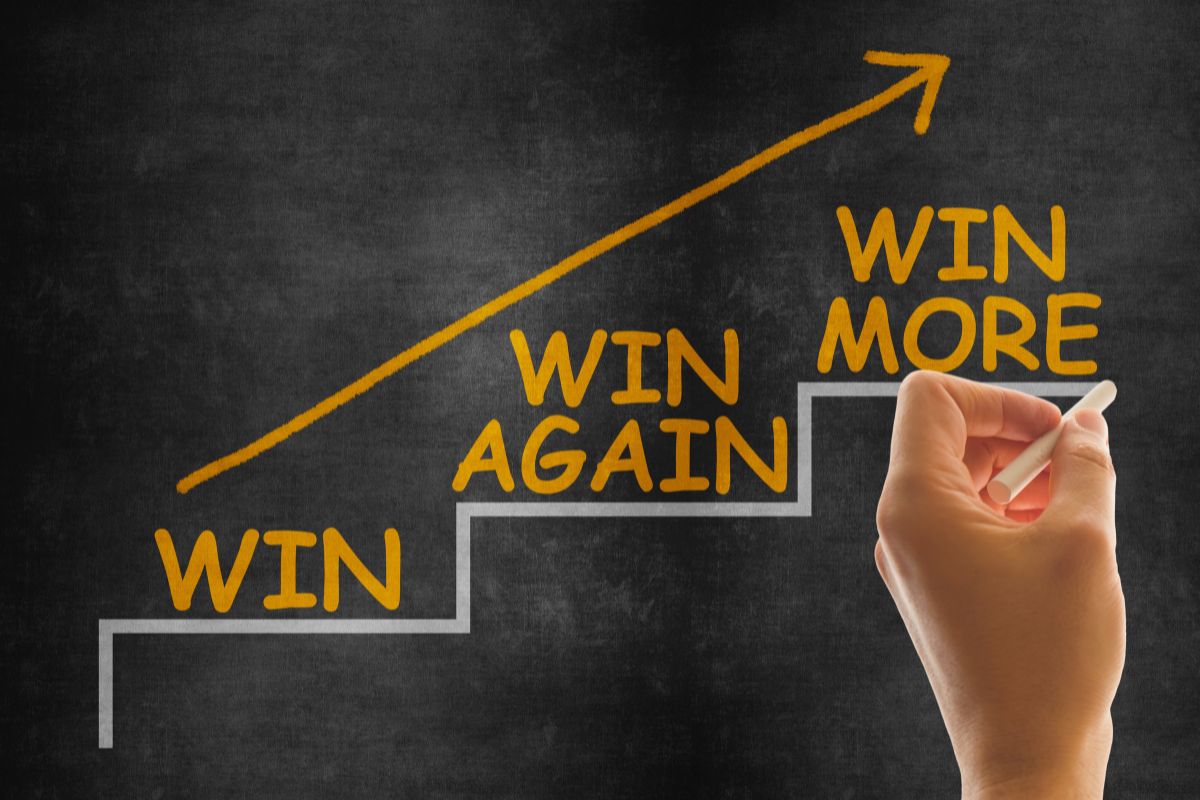
It might sound strange, but the graphic design app Canva takes an approach to helping people that can work well in the behaviour change space as well. Reading time ~ 5 minutes.
I use Canva everyday. Any project I have (including these blog posts) that requires an image of some kind, chances are I have built that image in Canva.
For those that haven’t come across it before, Canva is a web app that enables those without any graphic design skills to produce reasonable (and in some cases very good) digital and print assets – social media tiles, presentations, logos, brochures, videos, ads, banners, headers, book covers – those kinds of things.
The site is very popular and it has made its founders very rich.
How is Canva related to behaviour change?
Canva makes it super simple for someone to make immediate progress on a graphic design project without any training. Within minutes a person can have a decent graphic asset without any prior knowledge in graphic design, colour science etc. It is an app that gives most people a quick win.
But it doesn’t stop there. As a user becomes more familiar with the program and the advanced features, they can produce ever-improving graphical assets. Basically the app supports someone to build competence and capacity over time.
When giving people tools for changing their behaviour (e.g. getting more exercise, eating better, spending more time studying) these two things are important:
- Does the behaviour change tool help someone make immediate progress?
- Does the behaviour change tool support that person to advance further over time?
Basically, we want behaviour change tools that help people get immediate wins but also support that person’s behaviour change efforts as they build confidence and capacity.
What is the behaviour change equivalent of Canva?
There are many books, apps and programs aimed at helping people change their behaviour.
One of my favourites, and one I mention frequently in presentations is Tiny Habits by BJ Fogg.
Fogg’s system is disarmingly simple.
- Identify a behaviour change you want to make that is important to you (e.g. get more exercise)
- Scale it back to something tiny (e.g. 5 pushups)
- Attach the new behaviour to an existing one (e.g. morning coffee)
- Take a moment to celebrate every time you engage in the new behaviour (e.g. a fist pump or catch cry)
What this system supports is short-term quick successes. Most people can get a new, very small habit established quite quickly.
This increases their confidence and sparks their curiousity to learn more.
Furthermore, those tiny habits they’ve built often form the basis for more complex behaviour changes. Importantly, those bigger changes build on the same basic principles:
- connect changes to bigger aspirations
- scale changes to something you can manage now
- find good prompts and anchors during the day to attach the new changes
- celebrate successes
So Fogg’s system does for behaviour change what Canva does for graphic design. It helps you get ‘runs on the board’ but can expand as your competence and curiousity does.
Why do we need such systems?
Long-term health and wellbeing are a function of the daily and weekly habits, rituals and routines we have in place.
Building those habits, rituals and routines isn’t easy. We’re often fighting against powerful forces that would push us in opposite directions.
This means failure and setbacks are common when someone is trying to make long-term lifestyle changes. This can be demoralising and lead some people to lose faith and confidence in themselves and cease making efforts to change.
Systems that help people make some small wins early and then build on those wins are important to counteract some of the natural challenges of behaviour change.
Other options
BJ Fogg’s Tiny Habits is just one system. There are others. I think James Clear’s writing on habits is also excellent.
Basically the takeaway message is that whatever system you decide to draw on to help you make healthy lifestyle or study habit changes, choose one that gives you opportunities for early successes, so you can stay motivated as you pursue change and not disconnect from goals because of too many early failures.
Canva worked this idea out and it has been a part of why they have been so successful.

